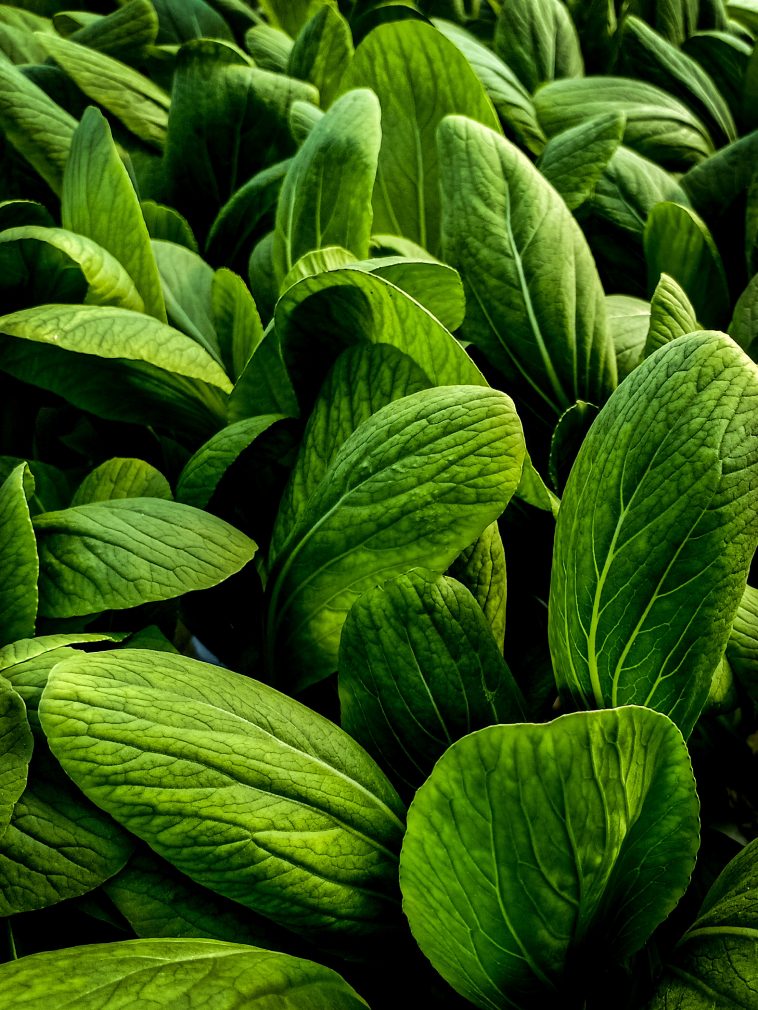Food and the things we eat have shaped human history, culture, diversity, and aesthetics. It is critical to our survival. It brings people together. It establishes cultures.
People in over 150 countries started a movement on October 16, 1979, to celebrate World Food Day. They did this to raise awareness of food security issues and strengthen solidarity in the fight against hunger.
This year, problems with global warming and the war in Ukraine have made supply chains less safe and have caused food prices to rise at a rate that has never been seen before (World Bank, 2022)
We can also see it in Search: people in the Middle East and Africa are very worried about how the food crisis will affect them. In 2022, people in Kenya searched more for “cooking oil” (+122%) and “maize flour” (+100%), while people in South Africa searched more for “oil prices” (+162%).
While Egyptians were concerned about the price of tomatoes (+125%), milk (+82%), and coffee (+82%), users in the United Arab Emirates, which is home to a large number of expats, were interested in the cost of cooking oil, onions, and sugar in their native country.
Today, the tech community, including Google, works on a wide range of food-related issues, from making the whole agro-ecosystem better to help people choose more sustainable foods.
In July 2022, we researched how food companies can feed over 7 billion people while dealing with the modern world’s uncertainty and complexity. It is obvious that food and agriculture companies require solutions throughout the farm-to-table journey to help them increase food production efficiency, adapt to shifting consumer diet trends and how/where they buy their food, build in flexibility and resilience in the face of a world that is becoming increasingly unpredictable due to extreme weather, trade restrictions, and even wars, and accomplish all of this while decreasing the environmental effect across the agri-food value chains.
Companies operating in the food and agriculture industries that fare well are those who successfully connect the data collected internally with trend data obtained from other sources. They can improve their business decisions and projections as a result of this.
Because Gulf states are disproportionately affected by the adverse effects of climate change, Google began providing financial support to the Saudi government to assist the country in addressing the environmental, water, and agricultural challenges that are a direct result of climate change through the use of artificial intelligence.
Using technology to their advantage, African startups like OKO offer insurance to small-scale farmers, making them more resilient to weather changes, giving them access to loans, and even giving young people jobs.
Google invested in this and other regional startups to achieve the UN’s Sustainable Development Goal. Furthermore, Google Cloud announced its collaboration with Kenyan Twiga Foods earlier this week, an e-commerce platform connecting farmers directly with vendors to bring high-quality, locally harvested fresh produce to people daily, increasing food accessibility in Kenya.
With the recently announced plan to open new Google Cloud regions in South Africa, Qatar, and Saudi Arabia, we hope to help more businesses find ways to use technology in food production in the future.
So, whether you are an individual in UAE, a small farmer in Uganda, or a large government institution in Saudi, it is your choice and chance to make a proportional difference today.





